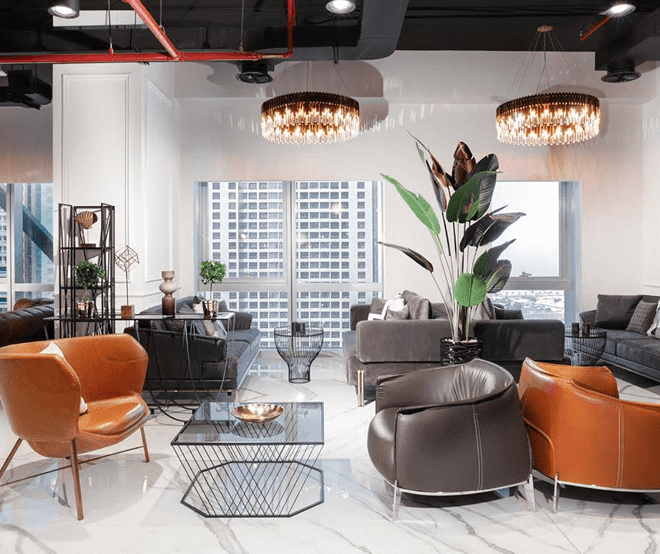Dubai’s free zones create an exceptional business environment specifically designed to attract foreign investment and facilitate ease of doing business. These international free zones operate under their own respective free zone authority, offering streamlined setup processes that differ significantly from establishing a mainland company.
Key advantages when you set up your company in a free zone:
- 100% foreign ownership without requiring a UAE national sponsor
- Zero corporate and personal income tax (subject to UAE Corporate Tax Law conditions)
- Full profit and capital repatriation with no currency restrictions
- No import or export duties within the free trade zones
- Fast-track licensing and visa issuance for a smooth business setup
- Enhanced confidentiality enforced under free zone regulations
100% business ownership for foreign investors
Free zone jurisdictions such as DMCC, Dubai South, and IFZA allow expatriates to maintain complete ownership of their company without engaging a local Emirati partner—unlike mainland business setups where certain types of business still require UAE national involvement.
Under Cabinet Resolution No. (16) of 2020 and applicable free zone regulations, this ownership model enhances control over equity distribution, board composition, and profit-sharing structures, making free zone business setup particularly attractive for new company formation in the UAE.
Zero import/export tax benefits in free zones
FTA guidance stipulates that goods transacted entirely within a free zone, or between several free zones, are exempt from VAT and customs duties, provided these goods don’t enter the UAE mainland. When you conduct business in free trade zones, you benefit from:
- Duty-free import of raw materials, machinery, and equipment
- No export duties on re-exports
- Simplified logistics for international trade via Jebel Ali Free Zone Authority and Al Maktoum International Airport
This structure is particularly advantageous for trading, logistics, and manufacturing companies operating across GCC and global markets, making Dubai freezone company formation ideal depending on your business type.
No currency restrictions or capital repatriation limits
Dubai free zones impose no restrictions on foreign currency transactions or fund repatriation, allowing investors to move capital across borders with minimal friction. The UAE Central Bank’s flexible monetary policy supports this business environment by maintaining a stable USD-pegged dirham and encouraging open financial flows.
In practice, this provides operational ease for:
- Multinational firms with foreign shareholders
- E-commerce platforms receiving cross-border payments
- Companies paying overseas vendors or subsidiaries
Confidentiality and privacy protections
While the UAE has strengthened transparency through UBO, ESR, and AML regulations, Dubai’s free zones still offer high standards of commercial confidentiality. Most free zones operate under specific data protection codes that safeguard shareholder and transactional information.
For example:
- RAKEZ and DMCC have internal privacy protocols limiting public disclosure
- Sensitive documents (share certificates, board resolutions) remain confidential unless legally required
- UBO declarations are submitted privately to regulatory authorities—not made public





